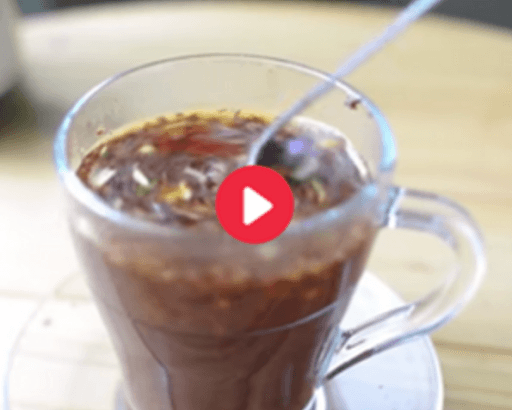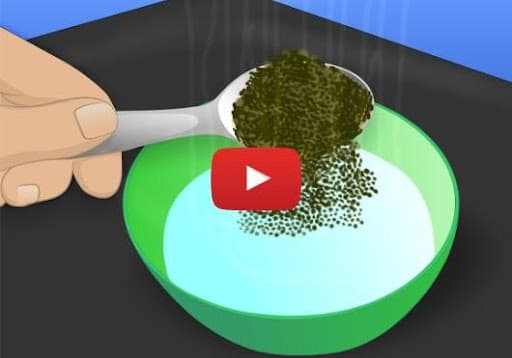Insulin Resistance Crash Course: Everything You Need to Know and How to Reverse It! (Episode 2)
In recent years, the prevalence of insulin resistance has become a growing concern within public health discourse. Despite its widespread nature, many individuals remain unaware of their condition and, more importantly, the implications it carries. Insulin resistance is not just a standalone condition; it's the precursor to more serious health challenges such as type 2 diabetes, heart disease, and more.
Insulin resistance is a metabolic condition where the body's cells no longer respond effectively to the hormone insulin. Insulin's primary role is to help manage blood sugar levels by facilitating glucose uptake in cells. In a state of insulin resistance, cells fail to respond adequately to insulin, causing elevated blood glucose levels, and potentially contributing to other metabolic irregularities.
Several lifestyle and dietary factors have been implicated in the development of insulin resistance. Poor dietary habits, particularly those high in processed carbohydrates and sugars, increased sedentary lifestyles, and lack of adequate exercise are pivotal triggers. Extended periods of high insulin levels, a common consequence of these lifestyle choices, lead to cell resistance to insulin stimuli.
Moreover, inadequate sleep can markedly influence insulin function. Research indicates that even a single night of poor sleep can mimic symptoms akin to those of insulin resistance, thereby highlighting the importance of quality sleep in metabolic health. Similarly, stress is another contributing factor, elevating cortisol levels, which in turn can exacerbate insulin dysfunction.
One of the challenges of diagnosing insulin resistance is its asymptomatic nature in early stages. The body often compensates for high blood sugar levels by producing more insulin, thus masking early symptoms. Typical signs often undetected include cravings for sweets post-meals, skin tags, and acanthosis nigricans, a skin condition presenting as velvety dark patches.
Insulin resistance forms the bedrock of metabolic syndrome, a cluster of conditions including high blood pressure and poor cholesterol management. Despite these associations, regular testing may overlook insulin resistance due to a focus on glucose rather than insulin levels.
Polycystic Ovary Syndrome (PCOS) is heavily tied to insulin resistance, with up to 90% of PCOS cases attributed to it. Women with this condition may experience symptoms like irregular menstrual cycles, high testosterone levels, and even challenges in fertility, all tracing back to glucose-insulin unbalance.
Regular medical tests do not always catch insulin resistance early. Those tracking their health typically encounter glucose metric evaluations while an insulin reading is deferred. "Home IR" is an at-home assay capable of diving a deeper insight into insulin and blood sugar footprints, giving a valuable resource for those with underlying symptoms.
Fortunately, insulin resistance is not a life sentence. By halting insulin surges caused by excess carbohydrates, strategic dietary adjustments provide paths to restoring sensitivity. Low-carb diets, sufficient in protein and balanced upstream caloric energy towards healthy fats, serve as pivotal figures in watcher construction.
Complementing food interventions, physical activity acts as a beacon in diminishing insulin dependency - muscle engagement, especially through resistance exercises, supports improved storage and usage of glucose levels, elevating one's energy market management.
- Reducing carbohydrate intake while increasing healthy fats and proteins can lower insulin levels.
- Engagement in both resistance-based and low-intensity activities can further enhance insulin efficiency although overly high-intensity regimens can mitigate benefits.
- Ensure steady time for sleep with consistent routines, prioritizing natural rhythms to sustain nocturnal growth study facilitation.
- Lastly, tackle stress through mindful techniques like implementing breathwork practices.
Insulin resistance might be a foreboding constituent within metabolic discussions, yet knowledge drives a proactive skid brusquely mitigating risks encouraging effective habit formations. Luckily, under our control, dietary reformations underlaid with curated modifications proffer illustrious venues addressing wholeworld wholes and foresights for those communitiesnit-looped curious and deeply enchanted individuals.
From Around The Web
Wellness Inbox is a blog & weekly newsletter that curates trending news and products related to health and wellness from around the web. We also gather content from various sources, including leading health professionals, and deliver it directly to you.
Please note that we may receive compensation if you purchase any products featured in our newsletter. Wellness Inbox is not affiliated with, nor does it endorse, any health professionals whose content may appear in our newsletter. The information provided is for general informational purposes only and should not be considered medical advice.
The information provided is not intended to replace professional medical advice, diagnosis, or treatment. All content, including text, graphics, images, and information available is for general informational purposes only. We do not guarantee the accuracy or completeness of any information presented and assume no liability for any errors or omissions. The content is subject to change without notice. We encourage you to verify any information with other reliable sources and consult your physician regarding any medical conditions or treatments.







